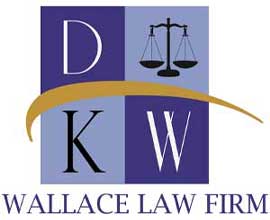Once the police collect evidence that someone may have committed a crime, they have the legal duty to account for that evidence at all times to prove that the evidence the prosecutor presents at trial is the same items seized by police officers. This is known as the chain of custody rule.
Chain of custody in Florida
The chain of custody rule matters for defendants charged with a serious crime like drug trafficking or DUI. Evidence that has been tampered with or fabricated can lead to a wrongful conviction. Law enforcement authorities have control over evidence, so the chain of custody law helps balance that power with the duty to prove that the evidence is what the authorities say it is.
To do this, when a prosecutor wants to introduce a piece of evidence, they have to call witnesses who handled that evidence. The witness will testify where the evidence was found, who has handled it and how, and what has happened to the evidence since it was collected. This testimony must be clear and specific. If there are any possible gaps in the chain of custody, it is the defense attorney’s job to question the witness and raise concerns about the evidence’s legitimacy. If custody problems are serious enough, the defense lawyer might file a motion to dismiss it.
You deserve an aggressive criminal defense
When you face serious criminal charges, your attorney should do everything possible to protect your rights and ensure fair treatment, whether you go to trial or negotiate a plea deal. Nothing the police or prosecutor does should be taken for granted. Anything that can be used as leverage to get the charges reduced or dismissed should be on the table.


